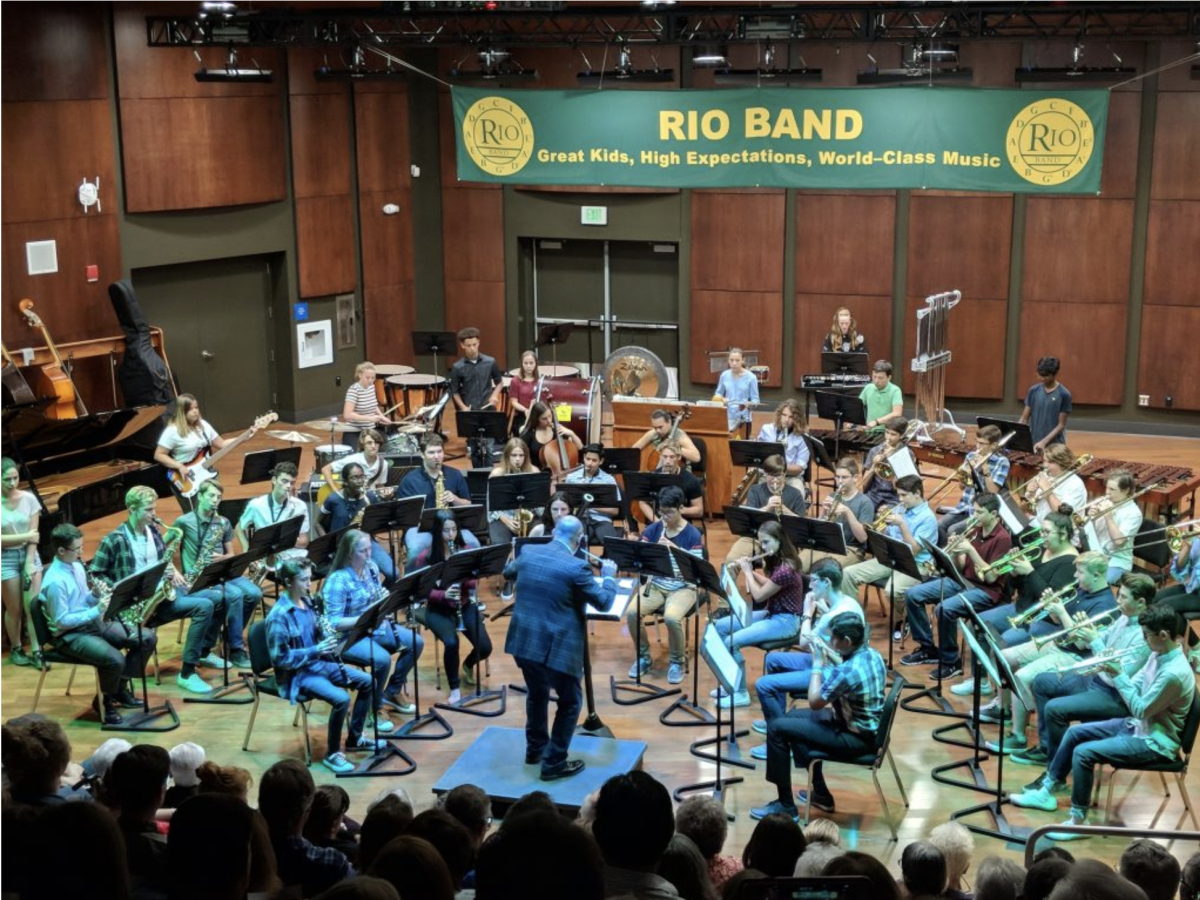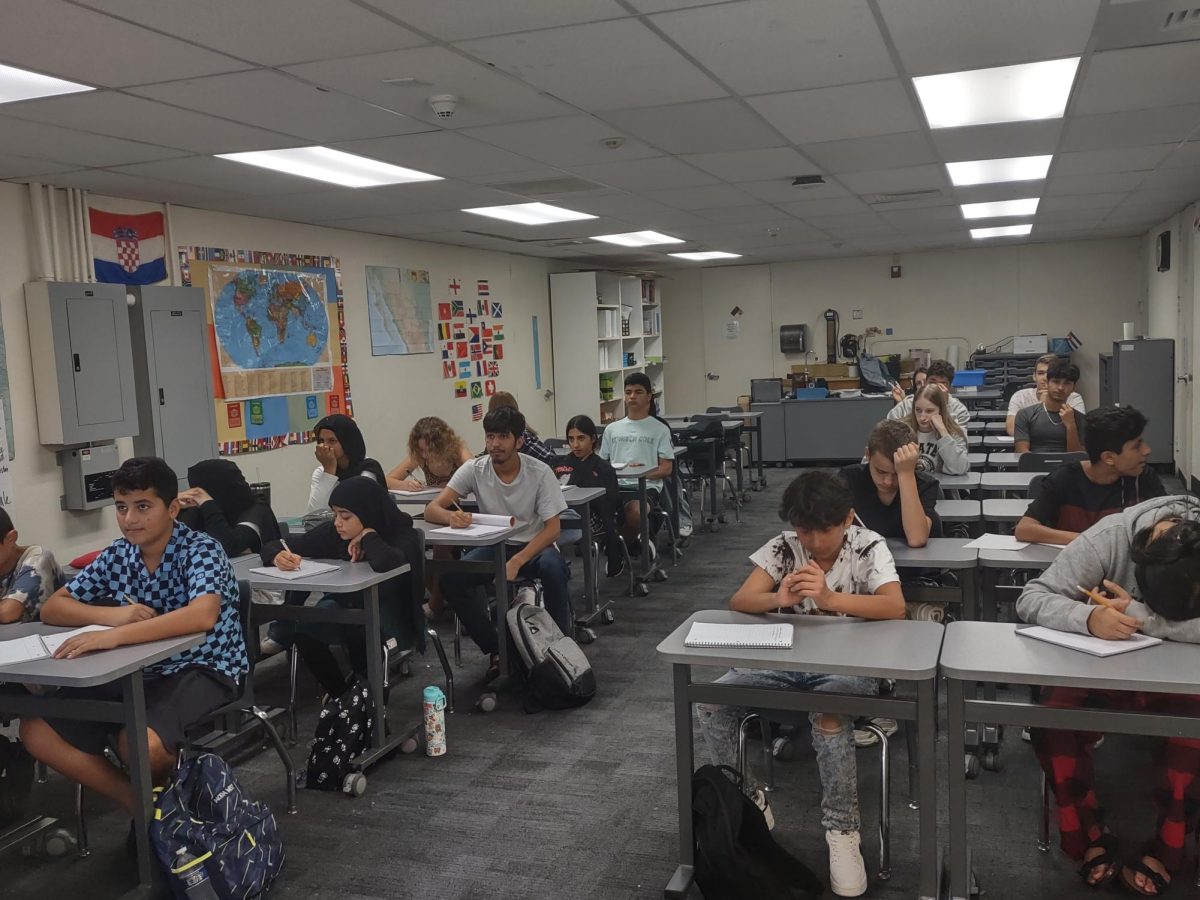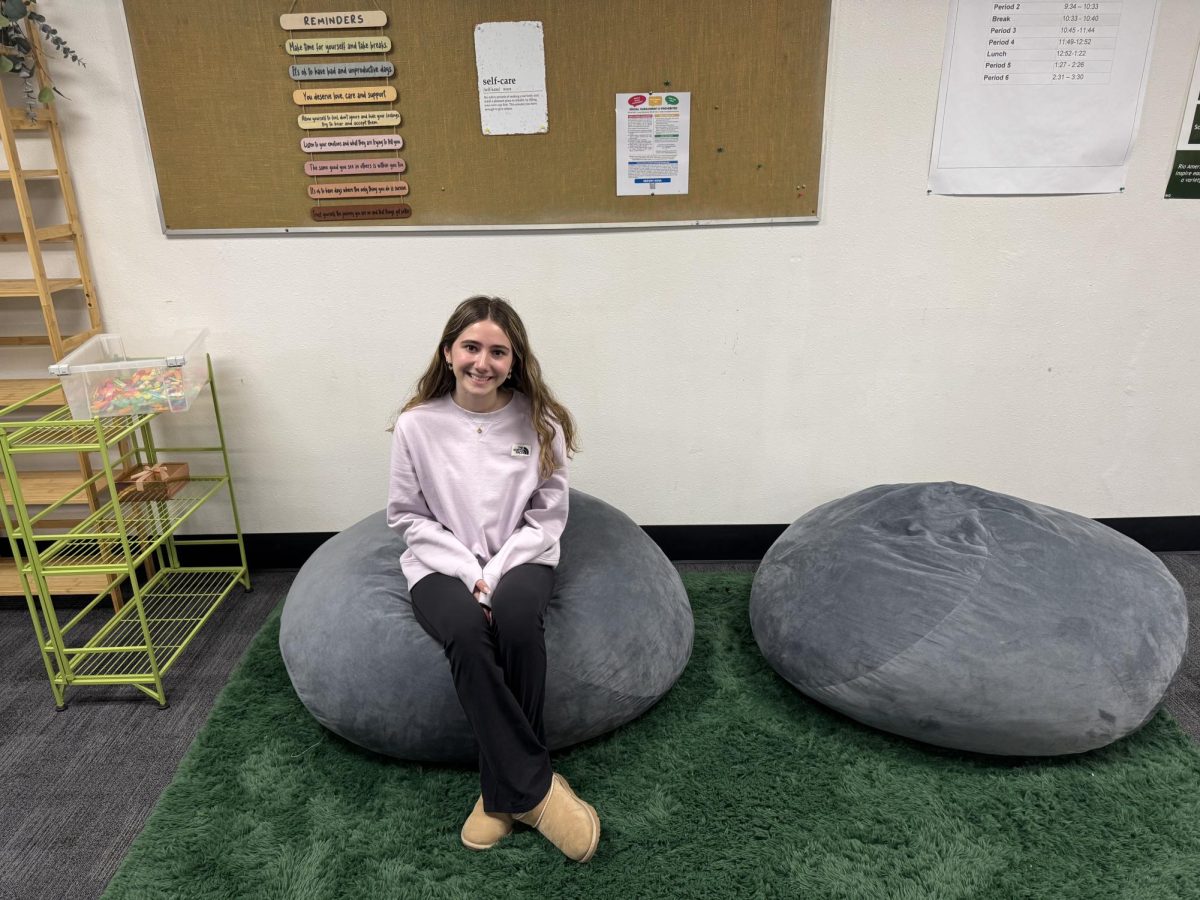After passing English language classes in earlier years of their education, many new Rio students from other countries are left asking: why do I have to take ELD classes even if I already learned English?
Some immigrant students said they feel the assumption is that because they are from other countries they automatically will not be able to understand English. They also did not deny the need to improve their language skills and read and write more.
However, some of the newly arrived students the Mirada spoke to wished they could spend more time in other English classes and other general education courses. Many of these students had previously taken English language classes before coming to the U.S. and already achieved basic proficiency.
One student, who immigrated to the U.S. seven years ago and asked to not be named, remains in ELD classes despite having no problem with comprehending and speaking the language. She has even had success in another world language class at Rio in addition to her ELD classes.
Junior Dewa Rafique had to take two ELD classes as a freshman, but according to her, she can easily communicate with her teachers and American students in English. As a sophomore, Rafique wanted to challenge herself with more difficult classes, and she wanted to take elective classes other than ELD. (Since her interview last spring, Rafique no longer takes an ELD class, but continues in transitional English.)
At the district level, San Juan Unified structured their rules with the goal of new ELD students being reclassified as English proficient within five years, according to ELD teacher Kendyl Gilmore. When students are released from the program, they are tracked for another four years to ensure additional support is not needed. Students participating in the ELD program for more than five years are considered long-term English learners.
When parents enroll their children with the district and complete the mandatory language survey, marking any language other than English as the student’s primary tongue results in automatic fluency testing.
Students in ELD classes take the English Language Proficiency Assessment for California (ELPAC) test every year in reading, writing, speaking and listening. A score of four allows students to pass their specific ELD level. However, some ELD courses are counted as electives whereas others are given English credit.
Rio has one full-time ELD teacher, Gilmore, who teaches ELD 1 and transition 2. Gilmore is responsible for helping students determine which classes they should be in and managing student test scores.
She acknowledged that ELD students are at different levels in their English progress and may benefit from either more advanced ELD classes or regular English classes.
“We are trying to find a way to speed up the process,” Gilmore said. “I hope we can help our students to pass this class and for those who don’t need to take it but are here, hopefully we can find a solution to get them out of this class. I love my students. I hope I can help them be successful and achieve their goals.”
She said the process may speed up now that a permanent part-time level 3 teacher has been hired.
There are currently around 250 ELD students at Rio, mostly from Afghanistan, Ukraine and Russia.

































